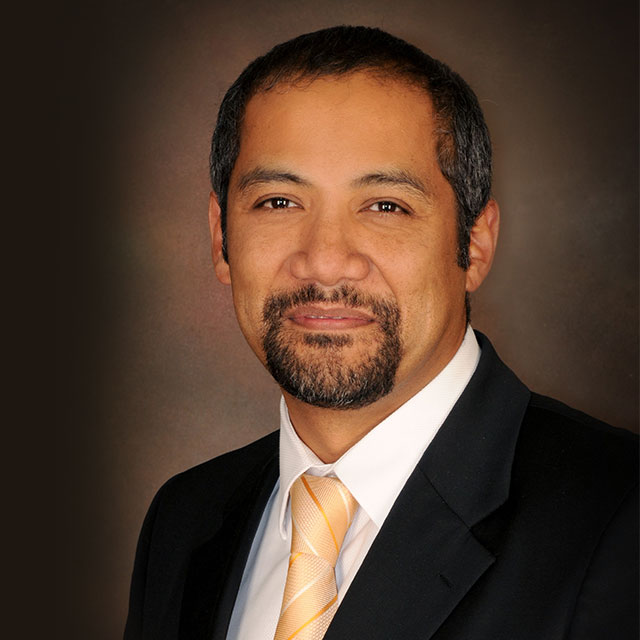
Abbas Jamie spends his days looking to the future – seeking to conceptualise and implement engineering projects that will benefit Africa – but his vision is grounded in a clear-sighted analysis of the current political, socio-economic and cultural challenges facing South Africa.
“The study of futures – please note the ‘s’ – entails understanding that there are more than one possible future,” Abbas explains. “The future cannot be predicted with certainty.
“The study is based on the analysis of real facts and data; and scenarios are planned on this basis, looking at what will happen if you go down a particular path – and then shifting the direction of your business accordingly.”
Abbas gained a Future Studies qualification from the Institute for Futures Research (IFR) at Stellenbosch to complement his BSc in civil engineering from the University of Cape Town (UCT). He has put his expertise to work at Aurecon, a large multinational engineering and advisory consultant, where he is the director for innovation and transformation in Africa.
With a focus on introducing a systems- and design-thinking culture into Aurecon Africa, Abbas stresses the importance of an interdisciplinary approach to engineering projects. As technical challenges are increasingly addressed through artificial intelligence, “creativity will be what sets one company apart from another”, he says.
In this regard, Abbas notes that the issue with massive infrastructural builds in South Africa has not been one of technical expertise but the “broader political, economic and social landscape”. With a career that has spanned the government and private sectors, as well as a number of start-ups, Abbas has played a catalytic role in some landmark projects, including the Gautrain Rail project in Gauteng and the N2 Gateway housing scheme in Cape Town.
He ascribes the success of the Gautrain project in large part to strong political support. “It is crucial to win buy-in from the populace,” he says. “We have seen other large infrastructure projects that were not as technically complex as the Gautrain project falter because the political and social elements were not aligned.”
A similarly hard-headed approach informs Abbas’s analysis of the pipeline for engineering graduates. Apartheid education policies created historical weakness in the mathematics and science disciplines in black communities, he says, and “a continuing severe lack of transformation means that there are not enough engineers; and the professions based on mathematics and science expertise are struggling”.
The problem is also acute at the continental level. “External donor-funded involvement in big infrastructure projects entails recruiting foreign professionals from those countries.”
In this regard, he views the IFR at Stellenbosch as making a crucial contribution in its “analysis of complex systems using human-centric tools in an African context”. Abbas says that the continent must not be left
to be shaped by a Western narrative. “We need African engineers who see things through an African lens to shape the continent’s future.”
In addition to motivating for the importance of transformation on a national and continental level, Abbas is seeking to give back on an individual basis through mentoring and community work.
He describes the two-way benefits of mentoring. “It helps to have a good understanding of how young people think – how they see the future – which enriches my worldview.”
Abbas is also a founding member of a community initiative to provide a cluster of foster homes for orphans and abused children in the Western Cape. In addition, he is a trustee of the International Peace College South Africa (IPSA), which offers qualifications in peace building, drawing on the lessons of the country’s transition to democracy in 1994 and seeking to export these across the continent.
He sees his community engagement as a necessary product of his own experience. “I studied at Stellenbosch and UCT. As one of the few who won access to these institutions at that time, I was privileged. With that privilege comes responsibility.”
And he seeks to promote the same attitude among those he mentors. “The sooner you give back the better – you don’t need to wait until you have made a fortune.”
- By Mark Paterson -